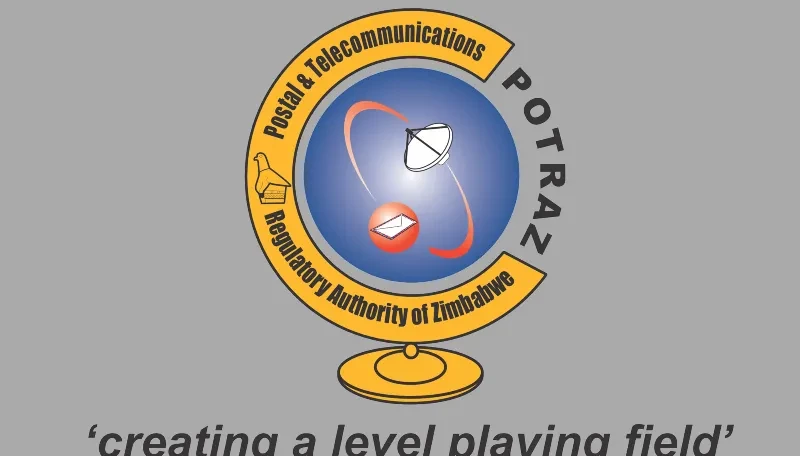
THE Postal and Telecommunications Regulatory Authority of Zimbabwe (Potraz) has unveiled a comprehensive programme to address the digital exclusion faced by persons with disabilities.
Potraz executive director Kennedy Dewere outlined the authority’s multi-pronged approach, now in its second year of implementation:
He said this followed a nationwide survey by Potraz to identify key challenges faced by disabled individuals.
“We have gone around provinces providing training to people with disabilities and we have worked with grassroots and other leadership,” he said during his address at a Draft Research Dissemination Workshop Programme held in the capital.
He said the programme marks a significant step toward reducing technological disparities, with Potraz positioning itself as a regional leader in disability-inclusive digital policy implementation.
“These initiatives recognise that digital inclusion requires specialised approaches,” Dewere emphasised.
“From hardware provision to advanced training and innovation support, we’re building an ecosystem where persons with disabilities can thrive in Zimbabwe's digital transformation.”
The interventions also target marginalised communities.
- More woes for suspended Cottco boss
- News in depth: Zimbabweans choke under weight of worsening service delivery failures
- Former MDC MP in trouble for insulting police
- Antipas scoops monthly PSL awards
Keep Reading
“We also have got one of our wings that we call innovation drive which is focused on ensuring that people from marginalised groups, particularly young ones, where we are having competitions,” he said.
“We have provided incentives for them to participate, as you will be aware, this is one of the areas where we are now coming up with applications software that can be utilised locally... In that respect, we have also provided scholarships to those pupils from all the provinces.”
He said Potraz is partnering government departments to ensure the inclusion of persons living with disabilities in its programming
“We have partnered with the minister of higher education, so these are in all state universities. We are paying all the expenses for them to be able to access education.”










